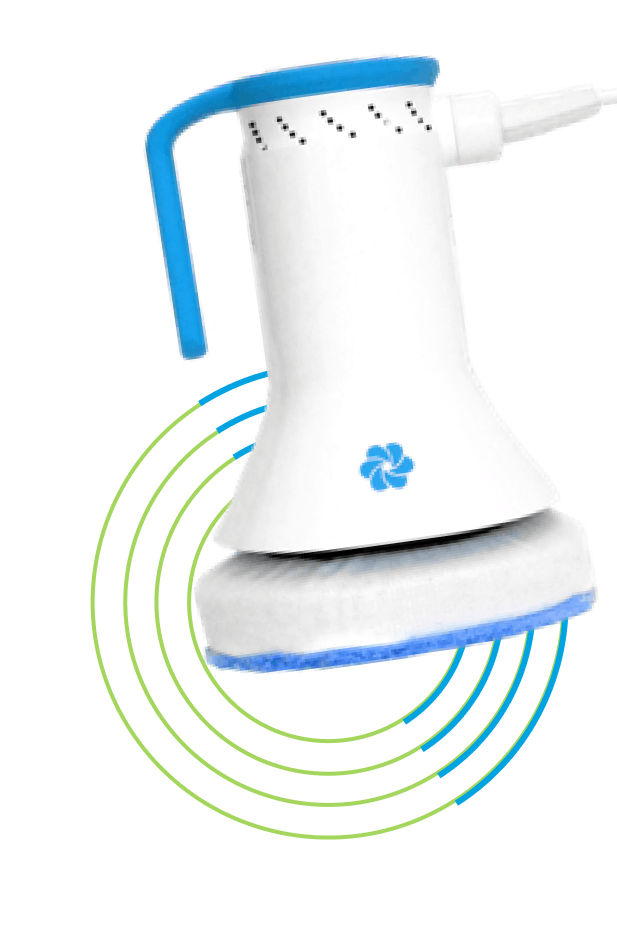How Your Weight Impacts Your Bones
Guest Blog Post by Australian based beauty, lifestyle and health blogger Sophia Smith
Being big-boned doesn’t mean you’re safe from bone damage – quite the contrary. Chronic joint pains and swelling are a common problem for overweight and obese people. In addition to that, osteoporosis is a bone-degrading force to be reckoned with these days regardless of BMI, as the number of osteoporotic fracture cases is steadily rising among both skinny and plus-size crowds worldwide.
Still not convinced? Take a look at the most common bone and joint issues caused by excess weight, and learn how to efficiently counteract them.
Bone growth plate damage – and how to avoid it
Childhood is the period when bones grow fast, which is why kids and teenagers need extra energy to accommodate for bone tissue production. Unfortunately, not every yummy bite is good for your bones: simple sugars easily transform into fat, and fat is skeletal structure’s worst enemy. Excess weight in early life can compromise the growth plate (a part of the bone responsible for bone shape and length in adulthood) and contribute to early arthritis, increased incidence of fractures, and other serious bone conditions.

Young people and children should follow a diet centered on foods with optimal ratio of protein, carbohydrates, and healthy fats. On top of that, regular moderate- and high-intensity workouts help strengthen the joints and bone tissue and expend extra energy that would otherwise be stored in the body as fat.
Weight-related fractures – don’t let them happen
Bones and teeth are the strongest components of the human body, but constant exposure to pressure can reduce bone density and make the sturdiest of tissues brittle. A single pound of extra weight translates as adding four more pounds of pressure on the knees, and increased knee stress means higher risk of fracture at every step (you make 5,000-10,000 of these a day on average, just so you know).

Don’t take excess weight lightly, because it isn’t doing a light number on your kneecaps. People with 25+ BMI should take up a weight loss diet and mild- to moderate-intensity weight bearing workouts to shed fat and strengthen the skeletal structure.
Joint health under pressure – set it on the right foot
Knees are not the only parts of the body that bear the brunt of excess weight: hips, ankles, and other joints are also at risk if you have a few more inches in the belly area than is suitable to your build. Cartilage cushions wear faster if constantly weighted down, which can cause joint pain, swelling, and stiffness, ultimately resulting in arthritis and reduced joint mobility. Tendons can also get inflamed and sore due to high pressure on the joints.

Calcium-rich diet and age-appropriate physical activity are the most efficient deterrent to joint problems and osteoporosis pain later in life. All joints in the body lose flexibility at some point – but whether this will happen sooner or later is solely up to you.
BMI-caused bone deformation – watch your weight
Bones with low mineral density are prone to deformation, and the number of children diagnosed with Blount’s disease is growing at the same rate as juvenile obesity. Deformed bones are not just an aesthetic problem: Blount’s disease can cause irreversible pathologic changes and compromise long-term joint mobility.

Weight loss and physiotherapy are the first step to recovery from Blount’s disease, but they will produce little effect unless the condition is diagnosed on time. Watch your child’s weight, make sure they stick to age- and build-compatible diet, and encourage them to regularly take part in age-appropriate physical exercise. After all, preventing deformed bones is easier than repairing the damage.
Sticks and stones may not break your bones, but lack of exercise and improper diet will certainly compromise your bone health. Watch your weight, eat calcium-, magnesium-, and Vitamin D-rich foods, and do not skip workouts if you want to keep your bones strong and safe from damage in the years to come. You’re welcome!
Images Source: Pixabay.com
About the Author
Sophia Smith is Australian based beauty, lifestyle and health blogger. She is very passionate about yoga, organic food and healthy lifestyle. Sophia writes mostly in beauty and lifestyle related topics, mainly through blogs and articles. She is regular contributor at Ripped.me. Find her on: Facebook Twitter Google +






